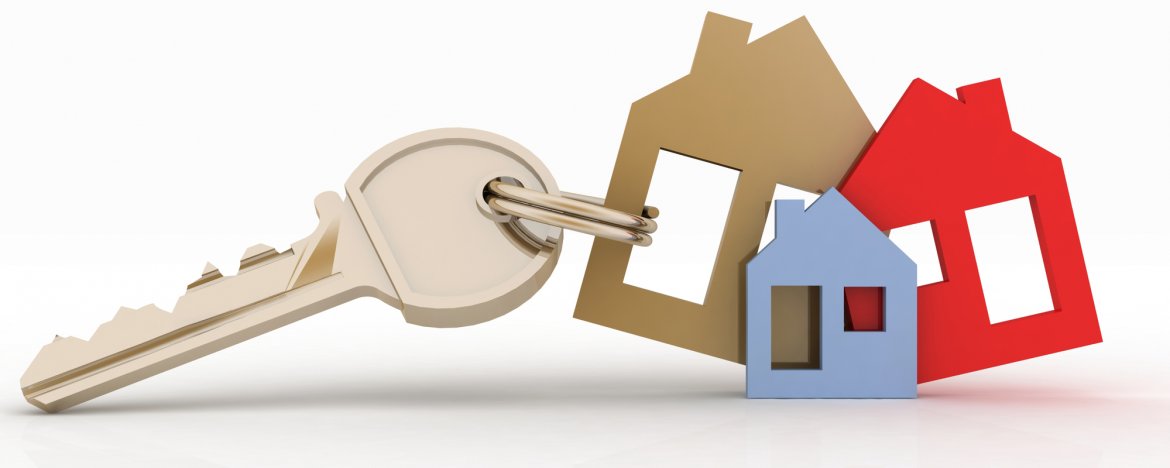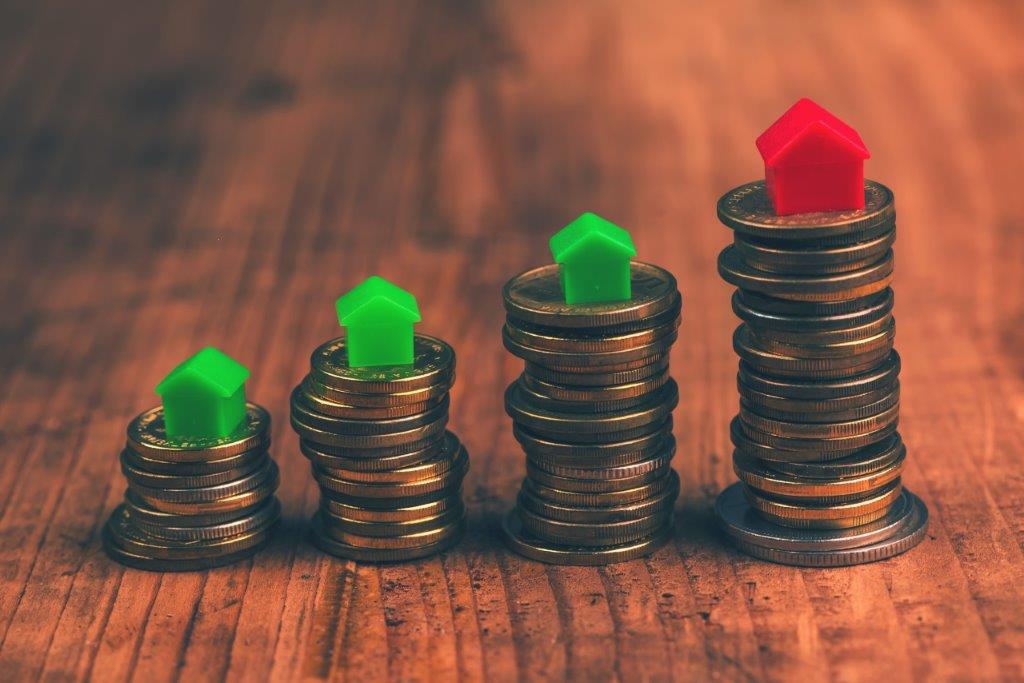You can utilize a special Rental Mortgage in conjunction with your own funds to partially finance the purchase of a home that you intend to rent out. Lenders' requirements for this form of mortgage are different from those for a typical mortgage. Because of this, it is sage to prepare in advance by learning about the best Rental Mortgage for your needs and circumstances.
Why should I buy (rental) property?
The Dutch home market will continue to face significant pressure. Since the housing supply cannot keep up with the rising demand, prices will rise as a result of the high demand. It is become more and harder for people with middle salaries, newcomers, students, and the elderly to obtain acceptable housing. The Randstad conurbation and major cities have a very low supply of affordable housing, both for owner-occupied homes and rentals.
While there are just a few places where building is permitted, expanding the housing stock is crucial to structurally improving housing affordability. To enable the growth of construction production, collaboration between the government, housing associations, and market players is consequently required.
The scenario above, taken from Syntrus-Achmea Real Estate & Finance's "Outlook 2020-2022," demonstrates how investing in rental properties can be both exciting and very profitable. For you as a private landlord as well!
A rental mortgage: what is it?
You have the choice to purchase a home and subsequently rent it out for a longer period of time using a rental mortgage (or house rental mortgage). That is a significant difference from a typical mortgage. Your home may not be rented out on an ongoing basis. A Rental Mortgage is more expensive than a standard mortgage loan because you will be renting out the home that is partially financed by it and will consequently receive a return from the residence. In addition to the applicable mortgage interest, lenders charge a premium. Currently, the interest surcharge is around 1%.
own cash
Depending on the lender you select, you can borrow anywhere from 50% to a maximum of 90% of the value of the property you intend to rent out. This implies that while purchasing a rental home, you must always contribute your own money (savings). The so-called Loan to Value (LTV), which is stated as a percentage, is used for this by the lenders.
Value in a rental setting
The value of the rental property used as a starting point is its value while it is rented out. Since a tenant enjoys rent protection and need not vacate the property upon sale, this is typically less than the value of an empty home. The house cannot just be sold if you are unable to pay your rental mortgage obligation to the bank. As a result, the value of the property is lower and the financial risk to a bank is higher.
Appraiser
Upon application, an appraiser will determine the worth of your rental property. Examining the points system and so-called "reference buildings" is part of this. These nearby properties are comparable ones. Many lenders can recommend appraisers who focus on the residential rental sector.
Report on valuation
The appraiser next presents his valuation report, which is a lot longer than one typical for an owner-occupied home. According to this report:
the property's worth when it is rented out
a scoring-based rental assessment
the three reference characteristics the municipal regulations (comparable rental properties in the area)
operating expenses
the substantiation and return (BAR and NAR)
the return on your investment property can be calculated.
Purchasing a home and then renting it out generates income. Consider the monthly rental income as an illustration. But a portion of the return also includes the house's growth over time. That is why we distinguish between direct and indirect returns.
What is my return?
Quickly return
The net rental revenue you receive from renting out your home constitutes the direct return. That is the gross rental income less the expenses you have to pay to own, maintain, and run the house. If your home fits into box 3, the rental revenue is also tax-free.
Undirect gain
The rise in rental property value over a predetermined time period is what determines the indirect return. For instance, the profit you will get when you sell the house in the future because the market value has increased since you bought it and since you sold it.
This means that while it is very easy to calculate the direct return, it is not possible to make the indirect return apparent.
BAR and NAR
In the financing stage, the terms gross initial yield (BAR) and net initial yield (NAR) are frequently used to determine the return on a rental property. These numbers give you and the lender a good—and in the case of the BAR, a quick—first idea of the return.
How is the Gross Initial Yield determined?
By dividing the basic rental income of the first year by the investment expenditures (purchase price of the house plus buyer's charges), you can quickly and easily determine the Gross Initial Yield (BAR).
Mortgage for rentals calculated
What you can borrow for a home rental mortgage is the result of calculating a rental mortgage. When used for personal usage at home, something operates differently. Income is considered while purchasing a home for personal use. Lenders consider rental revenue when approving a rental mortgage.
Other requirements and limitations for rental mortgages
Lenders take into account a variety of other crucial factors in addition to the anticipated rental income from the residence. These, for instance:
To you personally (Do you have a solid strategy?)
How many rental homes already do you own?
The location of the house (in what area, city, neighborhood, or street is it situated?)
The home's marketability (is the type of home it is?
The property's rentability (what has to be done to make it rent-ready?)
The amount of one's own contribution (how much do you put in yourself?)
Sustainability (how environmentally friendly is the home, what kind of energy rating does the home have?)
Why get a mortgage for a rental property?
As a private investor, let's say you have the funds to pay for a rental property yourself. Is it also possible to obtain a mortgage for rental property? That is a yes or no question. In many instances, financing a rental property with both loan and equity might even result in higher profits. The so-called leverage effect is to blame for this.
How does leverage work?
The leverage effect, put simply, is when the return on rental revenue exceeds the cost of the loan capital's interest payments. You don't have to invest this foreign money personally, after all. Here is an illustration of how this functions (in this example rent increases are not included).
Example of Calculating the Leverage Effect
You wish to invest €150,000 of your equity in real estate. The next two choices are described:
Example 1 without a Mortgage for the Rental
For €150,000, you purchase an apartment that you then rent out. A yearly rental income of €10,200 will be given to you (yield). Then, 6.8% is the return on your capital investment.
6.8% = €10,200 / €150,000 * 100
Example 2 with a Mortgage on a Rental
You spend €300,000 on two apartments that you then rent out. You will contribute €150,000 (or 50%) on your own.
You obtain a rental mortgage for the remaining € 150,000 (50%) of the total. The combined annual rental income of the two properties is €20,400.
You pay a total of € 21,332 in interest based on a rental mortgage with a period of 10 years and an interest rate of 2.7%. This results in annual interest charges of, on average, €2,133.
Thus, your refund is calculated as follows: € 20,400 – € 2,133 = € 18,267. Then, 12.2% is the return on your capital investment. a great deal more than in the first instance.
12.2% = €18,267 / €150,000 * 100
Why is this example using a 10-year term?
Banks view the 10 year payoff of real estate as a solid investment.






